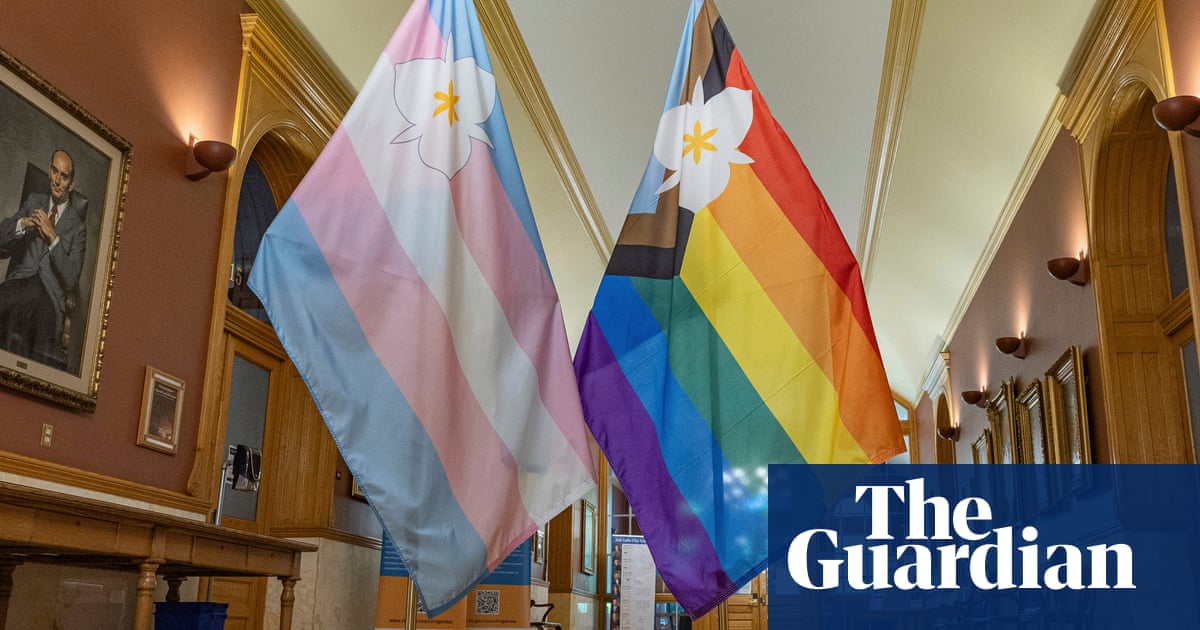In a world grappling with evolving identities and social values, what role do flags play in our communities? This article explores the future of flag symbolism, examining how thes powerful emblems are being redesigned and reinterpreted to reflect diverse perspectives and navigate complex legal landscapes. Discover how communities are using flags for symbolic resistance, community affirmation, and innovative expressions of identity in an ever-changing world.
Table of Contents
The recent debates surrounding flag displays in public spaces, particularly those related to LGBTQ+ rights and other forms of identity, highlight a complex interplay between legal restrictions, community values, and symbolic representation. As a journalist, I’ve observed these trends firsthand, and itS clear that the conversation around flags is far from over.
The Rise of “Unofficial” Flags and Creative Workarounds
In response to legislative actions restricting the display of certain flags, cities like Salt Lake City and boise have adopted innovative strategies. By incorporating symbols of diversity and inclusion into their official city flags, they’ve found a way to express their values while navigating legal constraints.this approach demonstrates a growing trend:
- Symbolic Resistance: Using flags as a form of protest or a statement of solidarity.
- Community Affirmation: Flags as a way to visibly support and celebrate diverse communities.
- Legal Navigation: Finding creative solutions to express values within the boundaries of the law.
This trend is highly likely to continue as communities seek ways to express their identities and values in the face of changing legal landscapes.
The Political Landscape and the Fight for Rights
The pushback against LGBTQ+ rights, as seen in legislative actions and executive orders, is a significant factor shaping the future of flag-related debates. The legal battles and political maneuvering around these issues will continue to influence how flags are perceived and used.
Did you know? The symbolism of flags has always been powerful. They represent not just a nation or a city, but also the values and beliefs of the people they represent.
The Future of Flag Symbolism
Looking ahead, we can expect to see several key trends:
- Increased Customization: More communities will likely create unique flags to represent their specific values and identities.
- Digital Flags: The use of digital flags and virtual representations of flags on social media and online platforms will become more prevalent.
- Intersectionality: Flags will increasingly represent multiple identities and causes, reflecting the interconnectedness of social justice movements.
These trends suggest that flags will continue to evolve as powerful symbols of identity,community,and resistance.
Case Study: The Evolution of the Pride Flag
The Pride flag itself has undergone several iterations, reflecting the evolving understanding of the LGBTQ+ community. From the original rainbow flag to flags that incorporate specific identities (transgender, bisexual, etc.), the evolution of the Pride flag is a prime example of how flags adapt to represent the changing needs and priorities of the communities they represent.
Pro Tip: When designing a flag, consider the message you want to convey, the audience you want to reach, and the historical context of the symbols you use.
FAQ: Frequently Asked Questions
Q: Why are flags so important?
A: Flags are powerful symbols that represent identity,values,and community.
Q: what are some of the challenges in displaying flags?
A: Legal restrictions, community disagreements, and the potential for misinterpretation are some of the challenges.
Q: How can communities navigate these challenges?
A: By engaging in open dialog, finding creative solutions, and respecting diverse perspectives.
Q: What is the future of flag symbolism?
A: Expect more customization, digital representations, and intersectional designs.
The future of flags is dynamic and complex. As societies evolve, so will the ways we use these symbols to express ourselves and build community.
What are your thoughts on the role of flags in society? Share your comments below!

